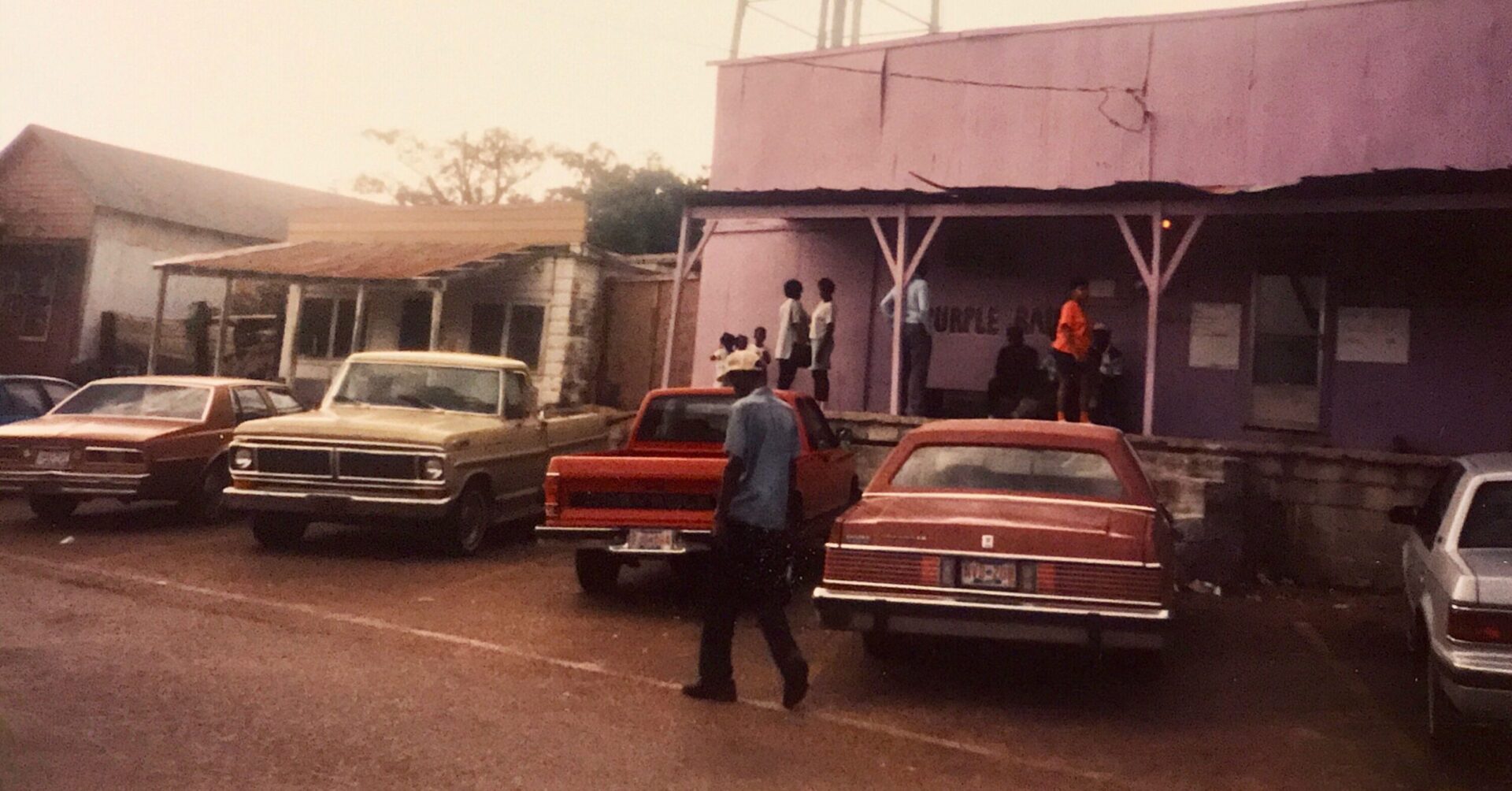Ron Paul, both in interviews and in a recent book, has suggested that the Civil Rights Act of 1964 should be repealed. He says that it interferes with a private property owner’s right to do what he wants to with his own property. He argues that he is different from segregationists of the 1960’s, because he believes that government should never have required segregation by law. Of course, the quid pro quo is, he feels that government should not require integration either. He often refers to integration as “forced association”, and he says that it has made race relations in America worse.
So, what is his solution? He believes that business owners should be allowed to choose their customers by whatever means they decide, including race, although he claims that a business owner would be stupid to choose to do so. He also argues that an outraged public could bring justice to the situation by protesting or boycotting such a business until it changed its policy or closed.
Fortunately, we don’t have to wonder how Representative Paul’s system would work, for we have an example from history where these exact events occurred. At Orangeburg, South Carolina in February 1968, the All-Star Bowling Lanes refused to allow Blacks (including students from nearby South Carolina State) to bowl. The owner, Harry Floyd, stated that the alley had become a private club. Students from the nearby university demonstrated in the parking lot, and Floyd demanded they be charged with trespassing, but the Orangeburg police refused to arrest them. The following evening, a larger crowd gathered at the bowling alley, and state police were called in. Those who entered the bowling alley were arrested, but after a glass window was broken, state police attacked the demonstrators, clubbing both men and women.
Student outrage over women being clubbed by police led to several days of rioting, with several buildings burned and three students shot to death by the State Law Enforcement Division (SLED) in what became known as the “Orangeburg Massacre.”
Ron Paul would undoubtedly say that Mr. Floyd had a right to refuse service to Blacks. He would, judging from statements he has made in interviews, also say that Black students had the right to protest Floyd’s policy and even boycott his business, or perhaps other businesses to bring pressure on Floyd. But even without the appearance of counter-demonstrators from the Klan or White Citizens’ Councils, a tragedy occurred. Paul would bring us back to those days of tragedy, when picketing, boycotting and possibly death would be necessary to stop businesses from refusing service on the basis of race. Do we really want to go back down that road to Orangeburg?
